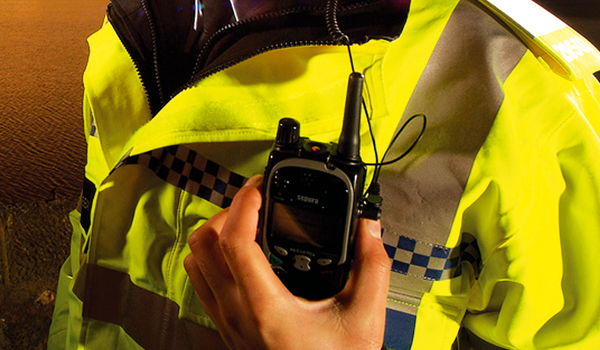Is Taser really safe?
The safe use of Taser has once again come under the spotlight in the US after Andrew Meyer, a student at the University of Florida, was hit with a Taser during a speech by Senator John Kerry.

The safe use of Taser has once again come under the spotlight in the US after Andrew Meyer, a student at the University of Florida, was hit with a Taser during a speech by Senator John Kerry.
The use of Taser weapons has continued to grow over the last two years, but concerns have been raised over their safety by organisations such as Amnesty International. Calls for tighter controls with the deployment of Taser after the incident at the Florida university appeared on the website YouTube.
The use of Taser weapons is also moving away from law enforcement and into the hands of ordinary citizens. Taser International one of the worlds largest suppliers of Taser guns has begun to sell its products as personal protection devices. More than 50 cases of wrongful death or injury have been bought against Taser International, but the company has so far won each case. Conclusive evidence has yet to be put before a court in either the US or UK that proves that the electric shock from a Taser weapon is harmful to the vast majority of the population. In the absence of such evidence the use of these weapons has continued to grow.
Testing of the Taser effect on humans has been carried out, but critics of these trials point out that they all took place with healthy people often police officers at rest and not in the stressful situation of an arrest scenario. Organisations like Amnesty International point out that often suspects will be under the influence of drugs or could be mentally ill, either of which could affect how they react to a Taser shock.
Supporters of the Taser say that using the Taser is infinitely more favourable than using a firearm to subdue a suspect.
Reporting in New Scientist, Anthony Bleetman of The Heart of England NHS Foundation Trust points to a study by the Potomac Institute for Policy Studies in Arlington, Virginia, which estimated that for every life lost through tasering, roughly 70 lives are saved. We now have just over half a million uses [of Taser] on people either in training or in the operational environment. Fewer than 300 people have died. When the taser is used appropriately, it is by far the least lethal technology, said Mr Bleetman.
Under a trial of 10 forces around the UK, officers who have no firearms training will be allowed to use Taser guns. The trial will last for a year and will offer police officers what the Home Office calls another tactical advantage in controlling suspects in dangerous situations.
A Home Office document released under the Freedom of Information Act states: We need to be wholly confident about the medical implications of the use of Tasers, to protect both the public and officers on the ground in the use of what is a less-lethal technology. That is why we have insisted on taking the advice of an independent group of medical experts on the medical implications of particular less lethal options in their use according to Association of Chief Police Officers guidance.
The document also said the independent medical assessment of Tasers conducted by Home Offices Defence Scientific Advisory Council sub-committee concludes that the risk of life-threatening and other serious injuries is considered to be low.
A spokeswoman for Gwent Police said: Anyone who is allocated a Taser will undergo a full training programme in advance of being able to use it. Safety remains a top priority and Taser is an additional and less lethal option for officers compared to conventional firearms when dealing with violent or threatening situations.
However, Amnesty Internationals arms programme director, Oliver Sprague, said: Were worried that this could be the start of a slippery slope towards further arming of the police, or towards a situation like that in the US where Tasers have been widely misused and people have died. Because these weapons are potentially lethal, police officers must be trained to the same high standard as they are for using a firearm. The police absolutely have a duty


